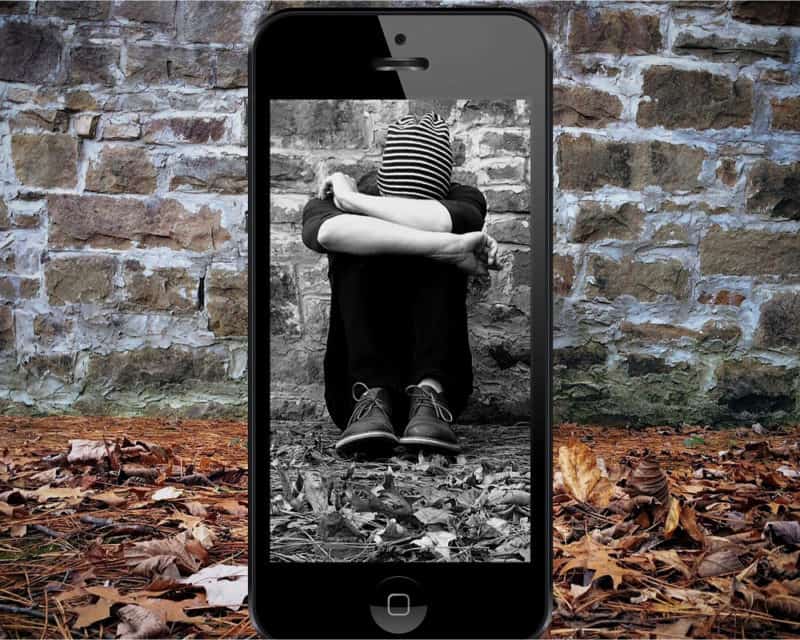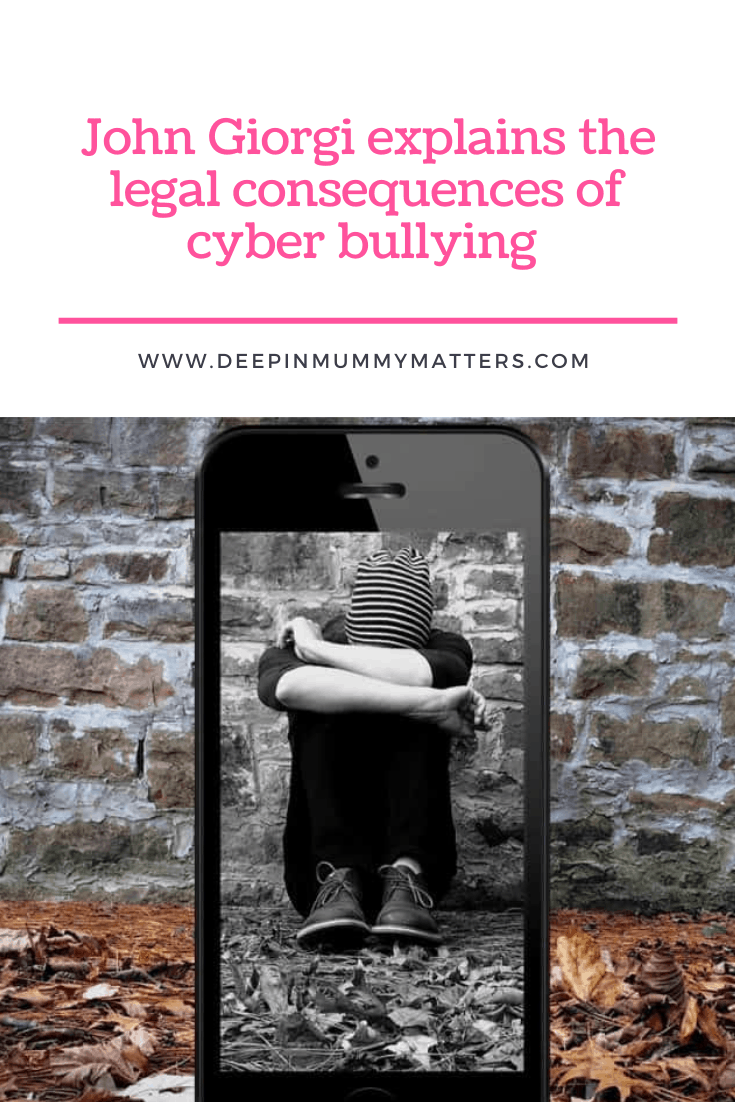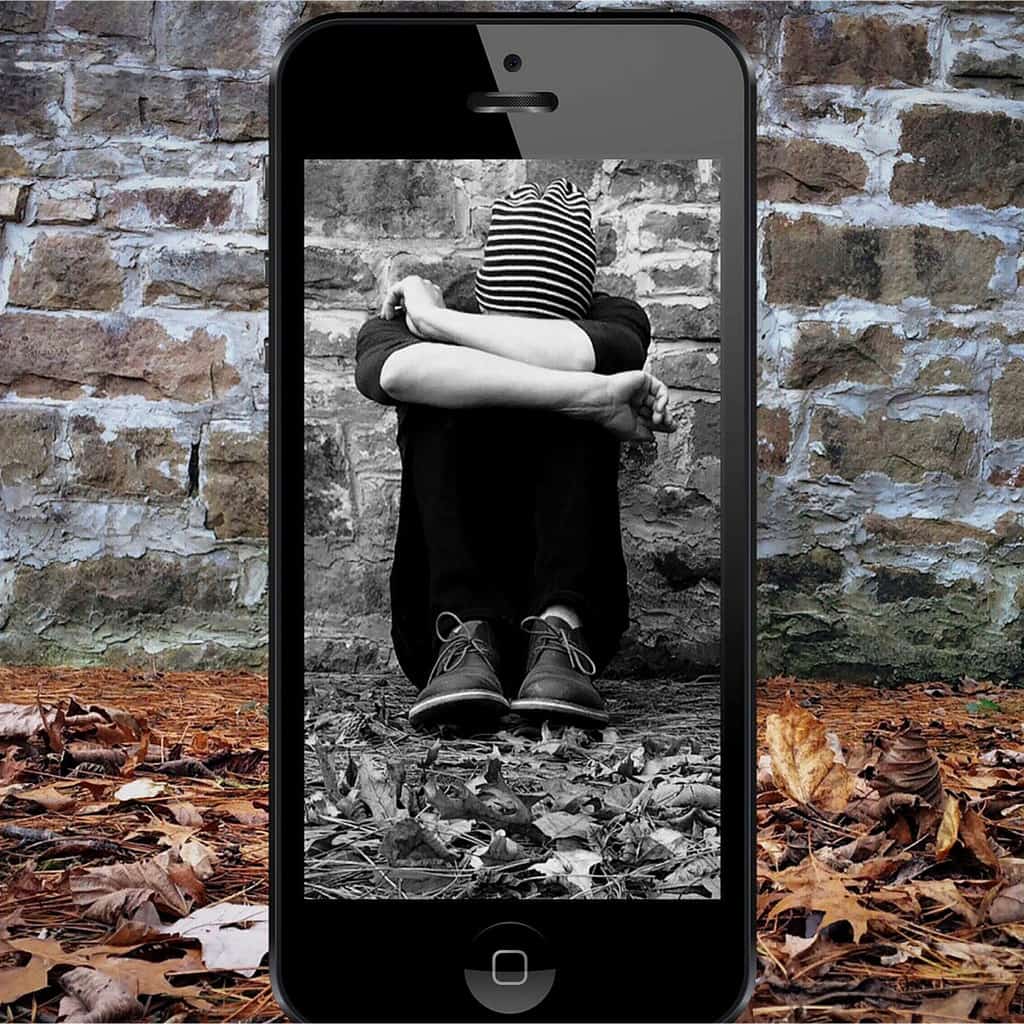Research reveals that many students in the United States have been subjected to online hate posts or hurtful comments. And approximately 10% to 20% of them experience it regularly.
Aside from reporting to the authorities about the offender, can you do anything else? Are there any legalities associated with these instances of virtual hatred? Yes, there are. And the worst part of cyberbullying is that it will follow you everywhere.

Since it is virtual, these individuals can follow you anywhere virtually with the help of emerging technologies.
Let us find out more about the same in the paragraphs that follow.
John Giorgi explains what is cyberbullying and the laws associated with it
Given below are few instances of cyberbullying.
- Shaming and embarrassing someone online, demeaning them, or humiliating someone.
- Impersonation online
- Threatening someone to physically harm him or her
- Threatening to kill someone
- Sending indecent or obscene messages
- Sending obscene videos, text messages, or images
- Sexual extortion or threatening someone for the same
- Digitally stalking
- Circulating images or videos or any kind of media related to child pornography
- Violating someone’s private moments like clicking a picture while someone is taking bath or using a locker room or a changing room
John Giorgi goes on to say that cyberbullying is something beyond just the above instances. It can get scary and nasty for many people. Since the cyberbullies are unaware of their cruel effect on the people they are causing distress to, it usually assumes a severe form and tends to be much crueller.
Cyberbullying and the laws that can curb the incidence.

Sending and receiving indecent messages does not comprise cyberbullying alone. Unfortunately, there are no specific cyberbullying laws.
Aside from bullying by sending indecent images, videos, or texts, if you harass someone for their race, nationality, gender, disability, sexual orientation, religion, and so on, it can violate federal civil rights laws. It is discriminatory harassment.
While some cases can be treated as harassment and the offender is prosecuted accordingly, few may be sent to civil court. They might require criminal charges for displaying hate crimes, impersonation, and violating CFAA or Computer Fraud and Abuse Act.
John Giorgi highlights the cyberbullying laws at the state level. Since the federal government has not formulated any specific laws that address cyberbullying as a “national piece of cyberbullying legislation”, every individual state is responsible for formulating its cyberbullying laws.
The fifty states have their cyberbullying laws. The state of Montana was last in line to implement the legislation and did so in April 2015. The state laws vary significantly. This is evident in the instances wherein few states have their own established laws and regulations. On the other hand, few states have “model policies” in place for school districts.
In a nutshell, cyberbullying laws vary, and in some states, they are stringent compared to others. Since the laws vary, so do the penalties that can range from being expelled from school or landing in jail.


